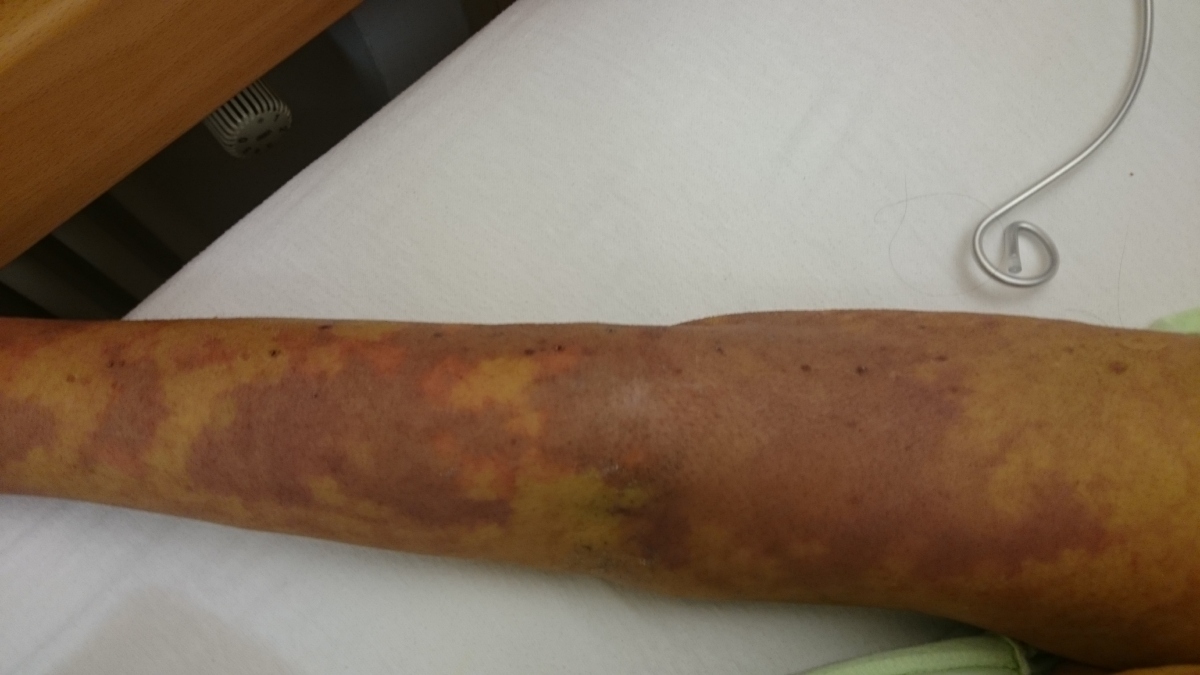Dr. Ali Al Shidi, an internal medicine consultant and vice-chair of the Internal Medicine Division at Sheikh Shakhbout Medical City (SSMC) in Abu Dhabi, highlighted the critical threat posed by sepsis. This life-threatening condition is responsible for about 20% of global deaths annually, accounting for 11 million fatalities.
Sepsis occurs when the body’s response to an infection goes awry, causing widespread inflammation that leads to tissue damage, organ malfunction, and potentially death if not promptly treated. Despite its severity, public awareness about sepsis is low.
Dr. Al Shidi emphasized in a Khaleej Times report the urgency of recognizing sepsis early, as it can escalate to septic shock and multi-organ failure. He pointed out that sepsis could result from a range of infectious diseases, including pneumonia, flu, COVID-19, and Ebola, as well as infections of the urinary tract, digestive system, and liver. Hospital-acquired sepsis, often caused by antibiotic-resistant bacteria, presents additional challenges.
Septic shock, the most severe stage of sepsis, disrupts blood circulation and can lead to dangerously low blood pressure and organ failure. Immediate emergency care is crucial at this stage.
Recognizing signs and symptoms like slurred speech, confusion, rapid heart rate, extreme shivering, breathlessness, and mottled skin can be lifesaving. High-risk groups include those with weakened immune systems, chronic illnesses like diabetes, cancer, kidney or liver disease, and the elderly or very young.
Early treatment, primarily involving antibiotics and intravenous fluids, significantly improves recovery chances. If necessary, treatments like vasopressors, dialysis, or mechanical ventilation are used.
Dr. Al Shidi also stressed the importance of prevention. This includes staying up to date with vaccinations, managing chronic illnesses, practicing good hygiene, and being aware of warning signs. Early medical intervention is vital for those showing symptoms of sepsis.






